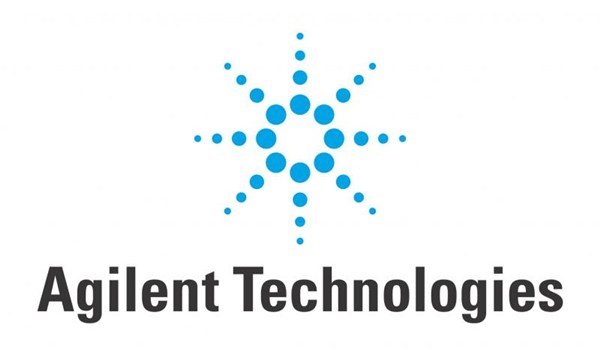Collaboration aims to facilitate transformational biomedical science and engineering research
Agilent Technologies has formed a strategic scientific collaboration with the University of Southern California (USC) Michelson Center for Convergent Bioscience to create an Agilent Center of Excellence (CoE) in Biomolecular Characterization.
The centre will be housed in Michelson Hall, which opened at the university in October 2017. A state-of-the-art research facility, the aim of the centre is to establish a convergence of researchers across science and engineering to work together on multi-disciplinary approaches for the development of improved healthcare through new drugs, diagnostics, and medical devices. The Agilent CoE will provide a collaborative scientific environment with access to new Agilent instrumentation and technologies for undergraduate and graduate students, local customers, and offer broad exposure to researchers who are leaders in their respective fields.
“Agilent’s collaboration with the Michelson Center is an excellent example of how academia and industry can work together, sharing knowledge and expertise to shorten the timeline between scientific discoveries and real-world applications,” said Darlene Solomon, Senior VP and Chief Technology Officer, Agilent. “Convergent bioscience research requires successful collaboration across multiple disciplines – a holistic approach that is central to Agilent’s view of the future.”
Key to the Agilent CoE will be a collaboration with renowned USC Michelson Center for Convergent Bioscience principal investigator Dr Valery Fokin. Research at the Fokin lab at USC focusses on chemical reactivity and biological interactions at the molecular level. The lab will contribute to multiple collaborative drug discovery projects ranging from chemical synthesis of screening and focussed libraries and biological assay implementation to the development of targeted drug delivery systems, diagnostics, and vaccines.
“As convergent bioscience becomes a major contributor to scientific knowledge and ultimately improved human health, academic and industry collaboration will play a key role,” said Stephen Bradforth, divisional dean for natural sciences and mathematics at the USC Dornsife College of Letters, Arts and Sciences. “I’m pleased that Agilent has the vision to support our efforts in this important emerging research field.”
Additional notable contributors to this collaboration include Dr Steve Kay, who is Provost Professor of Neurology, Biomedical Engineering and Biological Sciences. Dr Kay’s research into high-throughput genomics and chemical biology have been integral to the understanding of circadian rhythms, and he is recognised as one of the world’s top experts in this area. Other contributors are Dr Raymond C Stevens, Provost Professor of Biological Sciences and Chemistry, and Dr Peter Kuhn, Dean’s Professor of Biological Sciences. Dr Stevens and Dr Kuhn are among the world’s most influential biomedical scientists; their research on structural biology and cancer metastasis have led to significant advances in medical treatments and pharmaceutical drugs.
- Advertisement -



Comments are closed.